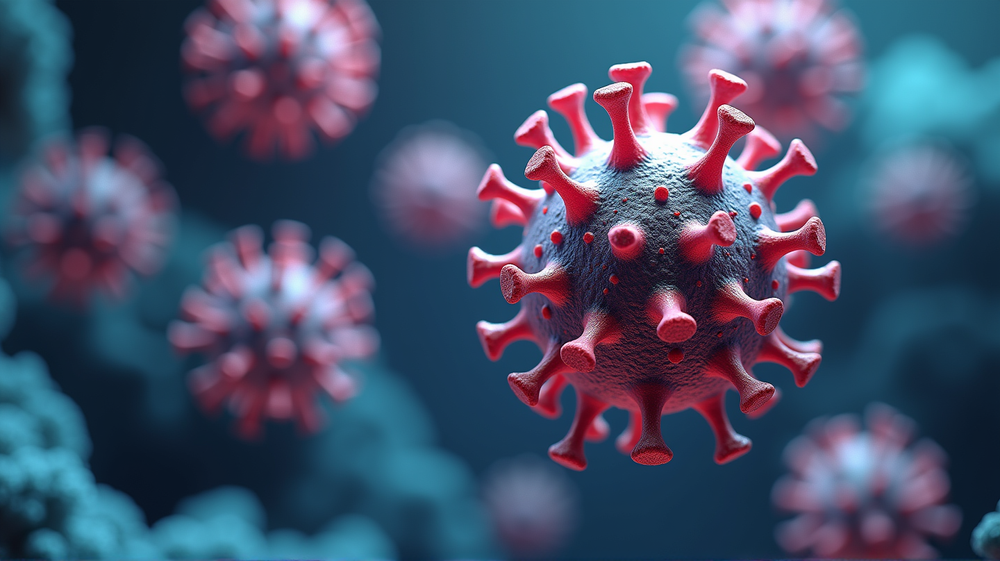Amidst the global battle against COVID-19, scientists at the Icahn School of Medicine at Mount Sinai have uncovered a crucial piece in the puzzle of viral immune evasion. Their new map of antibody structures provides an unprecedented look at how COVID-19 variants dodge our immune defenses.
The Birth of an Immune Map
In a world where respiratory illnesses loom large, the creation of an ‘immune map’ marks a significant breakthrough. As reported in ‘Cell Systems,’ this map displays how variations of the coronavirus undermine the efficacy of over 1,000 antibodies. Each antibody’s 3D structure, analyzed in relation to the virus’s spike protein, offers insights into their binding sites and vulnerabilities.
How Mutations Undermine Our Defenses
The research highlights a captivating phenomenon known as “convergent binding.” This is where distinct antibodies, despite their diversity, attach to the virus in remarkably similar manners. As the virus mutates, particularly notable in the Omicron variant, it diminishes the binding strength of almost every antibody. “Antibodies have few tricks,” the researchers acknowledge, making the virus’s evolutionary dance a step ahead.
Insights from Top Scientists
Professor Yi Shi, leading the charge, observed, “Before this, the full landscape of antibody-virus interactions was never visible in one unified atlas.” His work, combining data worldwide, showcases how even the most effective antibodies can fall prey to the virus’s constant evolution.
A Glimpse into the Future: Nanobodies
An exciting avenue explored is that of ‘nanobodies.’ These are advanced antibodies capable of penetrating deep into the virus’s spike protein structures, targeting conserved regions resistant to mutation. As promising candidates for next-generation therapeutics, nanobodies carry potential to outmaneuver COVID-19’s tricks.
Redefining the Fight Against COVID-19
The narrative that emerges is not of defeat but determination. Despite the virus’s clever maneuvers, vaccines and natural immunity remain formidable players in defending against COVID-19. “The immune system adapts remarkably,” says Adolfo García-Sastre from GHEPI, alluding to a future brimming with hope and resilience against viral threats.
Preparing for Future Pandemics
In an effort to bolster pandemic preparedness, the research team aims to democratize access to their findings. By making the data open access and launching an interactive platform, they plan to empower researchers globally to forge ahead in the development of long-lasting antibodies tailored for a mutated world.
In the war against evolving pathogens, this antibody atlas is the keystone to fortifying tomorrow’s defenses and crafting therapeutics that stand unyielding against the tide of viral mutations. According to 동아사이언스, this groundbreaking research is a beacon of hope in an ever-changing fight against COVID-19.













